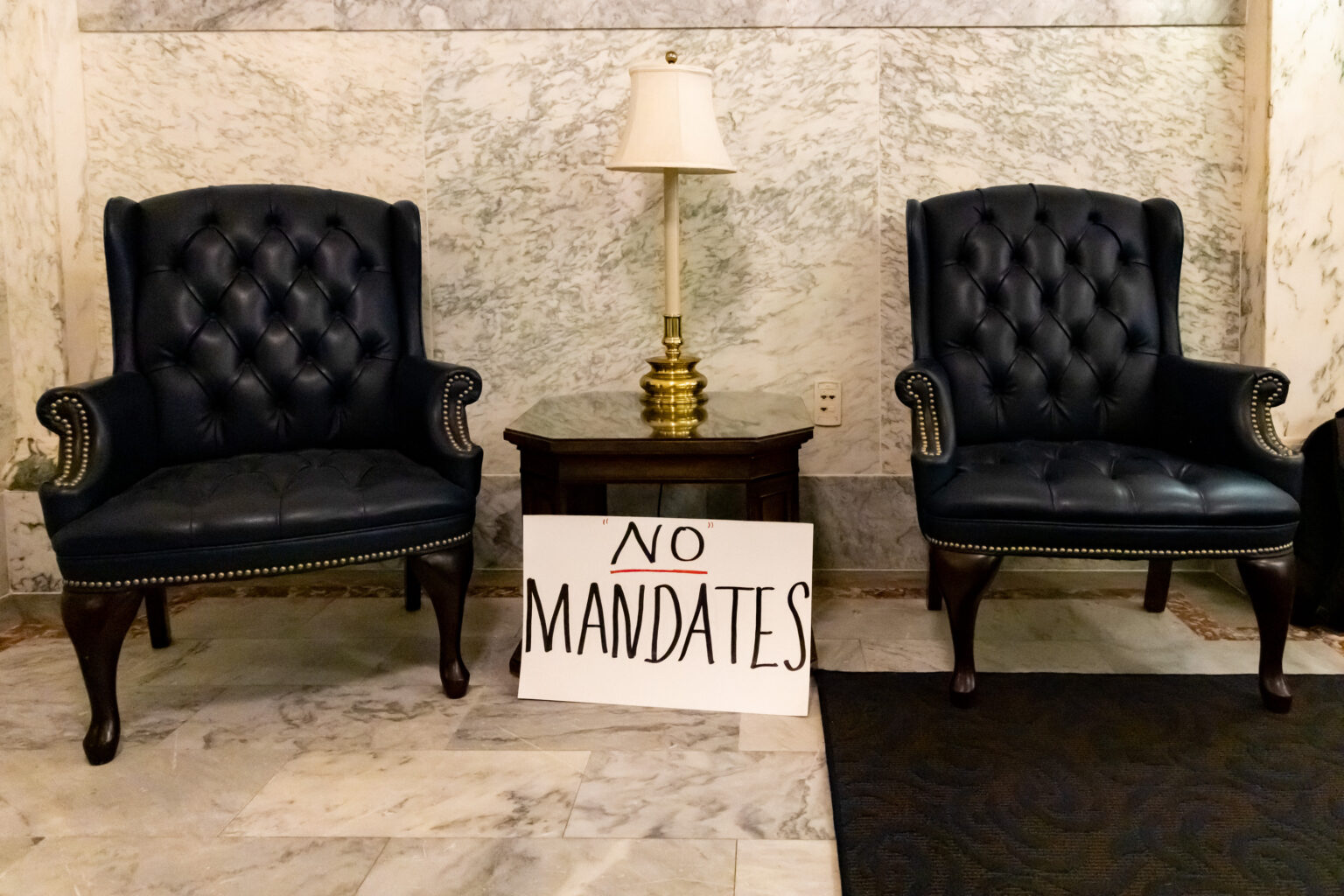On January 17, 2025, Idaho Report published this story for the first time.
Last Monday, the U.S. Department of Justice informed Idaho that its administration of its long-term care system for persons with physical disabilities violates the Americans with Disabilities Act.
The DOJ noted the state’s over-reliance on institutional settings and lack of community services in a letter to Governor Brad Little on Thursday, stating that it discovered that many people who are relatively young or have minimal care needs could live in the community with the right supports. As a result, persons with physical disabilities are now isolated from their communities.
According to a DOJ review, Idaho places an excessive number of people in nursing homes needlessly without any plans to reintegrate them into the community, despite federal law requiring states to provide assistance to individuals with disabilities in integrated settings.
According to the research, Idaho specifically restricts access to community-based services by limiting their capacity and neglecting to authorize them. The State has not addressed the issue, despite a report commissioned by the Idaho Legislature acknowledging the shortcomings of its community-based services.
Disability advocates have long pointed to Idaho’s high caseload for Division of Medicaid employees and low Medicaid reimbursement rates and pay for in-home caregivers as issues facing the state’s disabled population. Mel Leviton, the executive director of the State Independent Living Council, told the Joint Legislative Oversight Committee in September 2023 about individuals with disabilities who were compelled to move into institutions against their will after they were unable to find direct care workers to assist them in remaining in their homes.
As of October 2024, 82% of Idahoans in nursing facilities had an active release plan, despite 65% of them expressing a wish to live in the community, according to DOJ research.
In Idaho, 14% of nursing home residents have modest care needs, and 19% of residents are under 65.
People with disabilities can benefit from in-home nursing services in areas such as medication management, housekeeping, bathing, and more critical care, such as medical device management. According to the DOJ letter, Idaho could address the ADA violations by increasing funding for already-existing programs and extending community-based services.
According to the research, the state could save money on Medicaid spending while also improving results for people with disabilities.
Leviton informed council members at a SILC meeting on Friday that the Idaho Department of Health and Welfare cooperated with DOJ investigators and that state representatives will meet shortly to go over the results. Whether that meeting will be open to the public is unknown.
Citing ongoing legal proceedings, Little’s office declined to comment.IDHW was contacted by Idaho Reports as well, but they have not responded as of yet.
This report was contributed to by Ruth Brown.
GET THE HEADLINES FOR THE MORNING.



